View all filters
Clear
L’Affitto
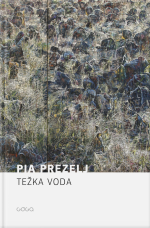
Težka voda
V svetu, ki ga naseljujejo Ida, Marta, Tone in Lojze, na vrtovih gnijejo paradižniki, na nočnih omaricah ždijo nagačeni zajci, krave pa je treba slej kot prej ustreliti med oči. Nič čudnega, če na blatni zemlji komu usodno spodrsne ali pa mu glavo spešta kakšno drevo; Gospod vendarle daje in jemlje, povrh vsega pa še odpušča.
V romanu Težka voda, svojstveni anatomiji krivde, ki prelamlja s tradicijo slovenske povesti, se drobci iz življenja starejše protagonistke Ide med posledicami zamolčane preteklosti in neizživete prihodnosti postopoma sestavljajo v okrušeno celoto. Ta v ekspresivnem, dovršenem slogu razkriva predvsem bridko resnico o prepletenosti življenj znotraj manjše vaške skupnosti, kjer se vse zdi na dlani, pa vendar skrivnost rojeva nove skrivnosti.
Portretul
Hiša v Hajfi
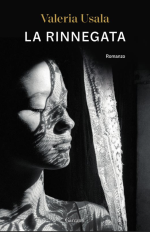
Відступниця
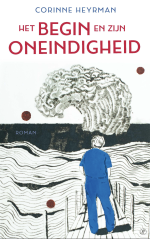
Початок та його безкінечність
Sens unic
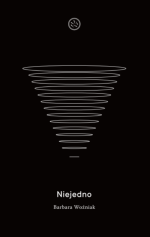
Немалко
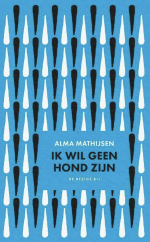
Ja nie chcę być psem
Dizionario del Detenuto
La trilogía del sexo errante
Copac monstru copil copac
Slovar obsojenca

Não quero ser um cão
Gevangeniswoordenboek
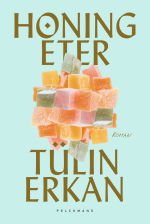
ARRIVALS / GELIȘ (Medar)
Fata care aduce moartea
Very Important Person
Eenrichtingsverkeer
